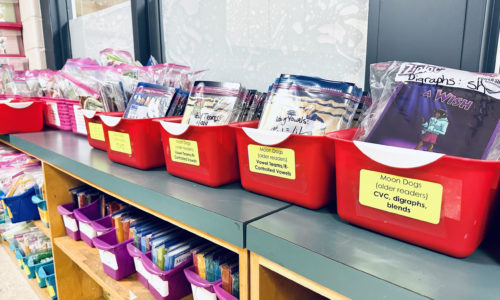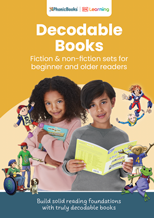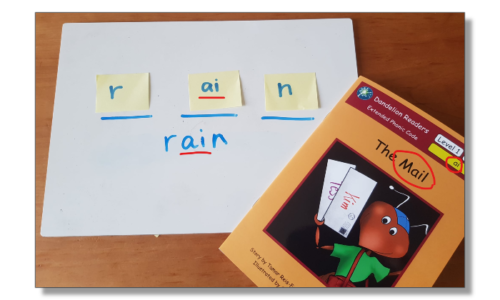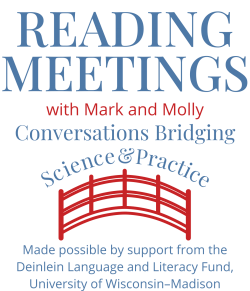
What’s the best way to organize your decodables? There are many different ways to go about this. Here, K-5 reading specialist, Savannah Campbell, shares some helpful tips and tricks to make your classroom library user friendly. Now that you have decodables, how do you organize them? I’m lucky to live in a district that…
Read More



